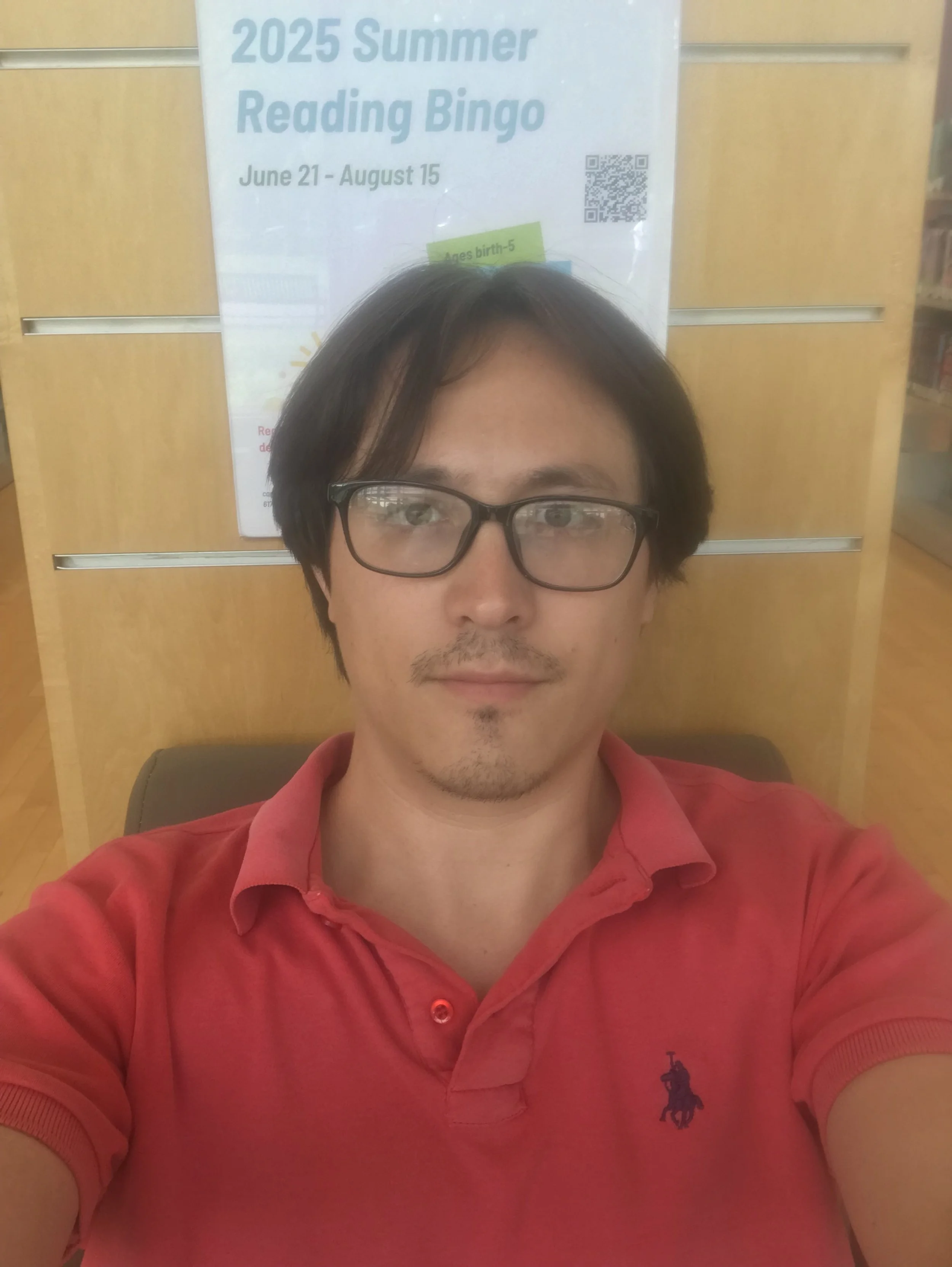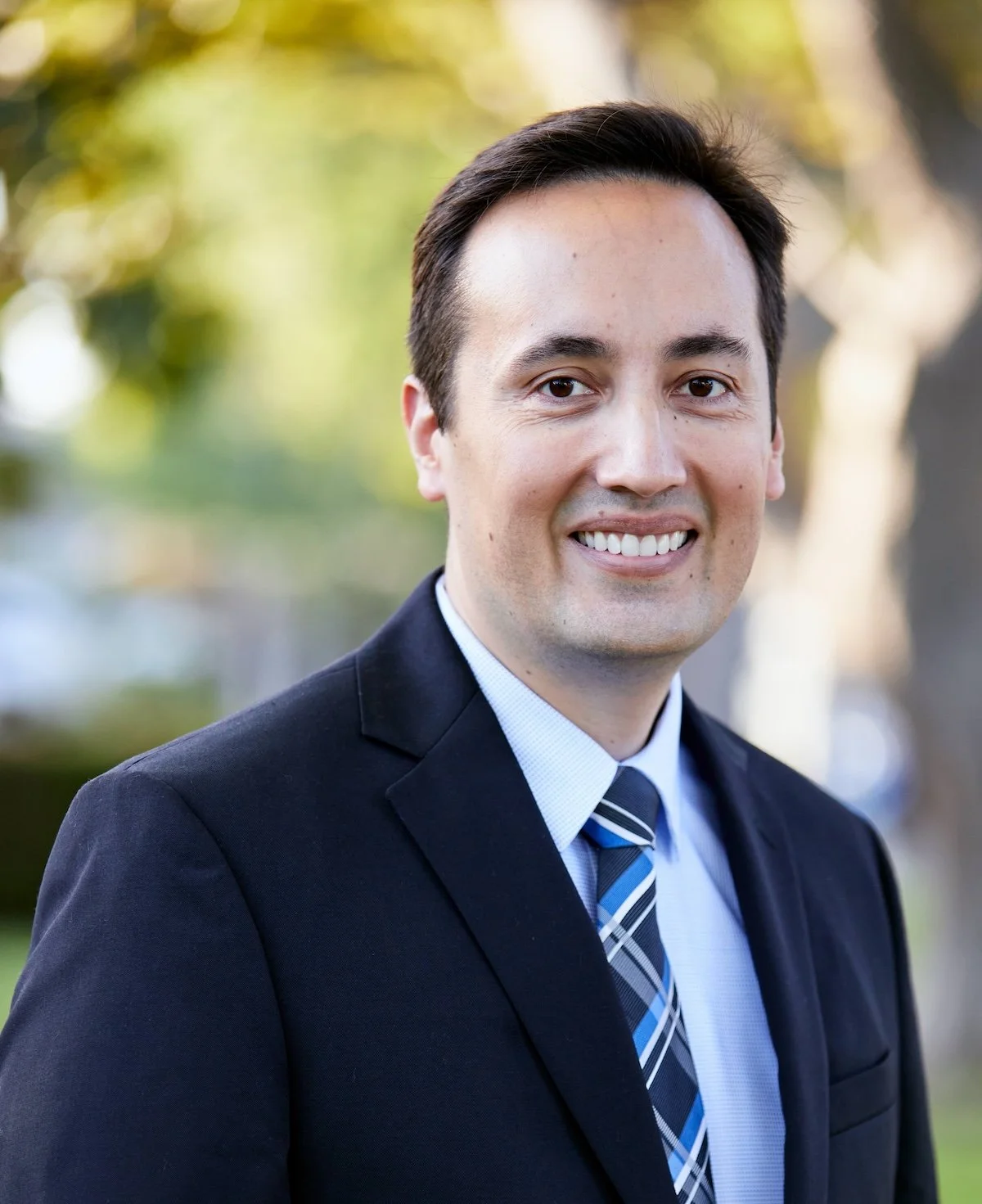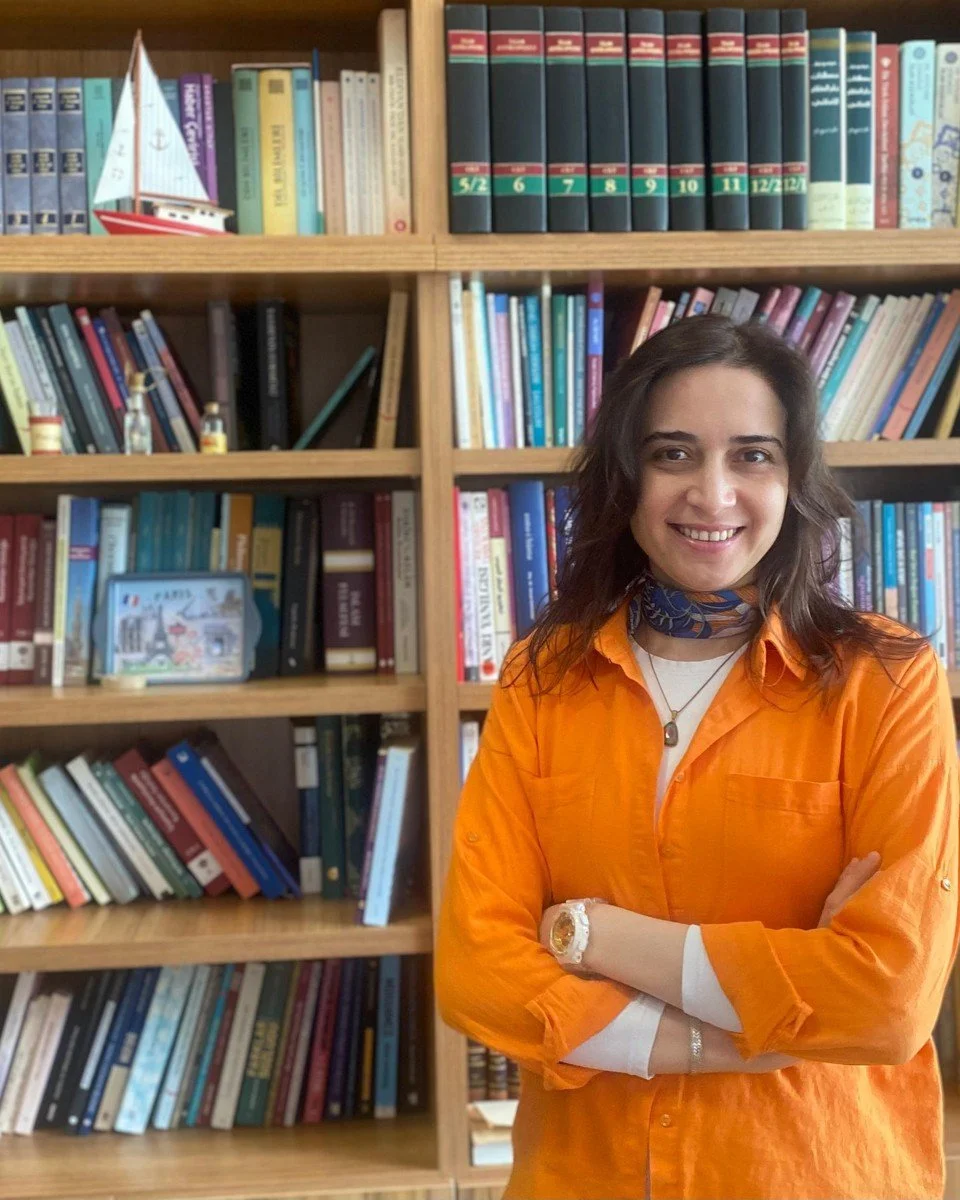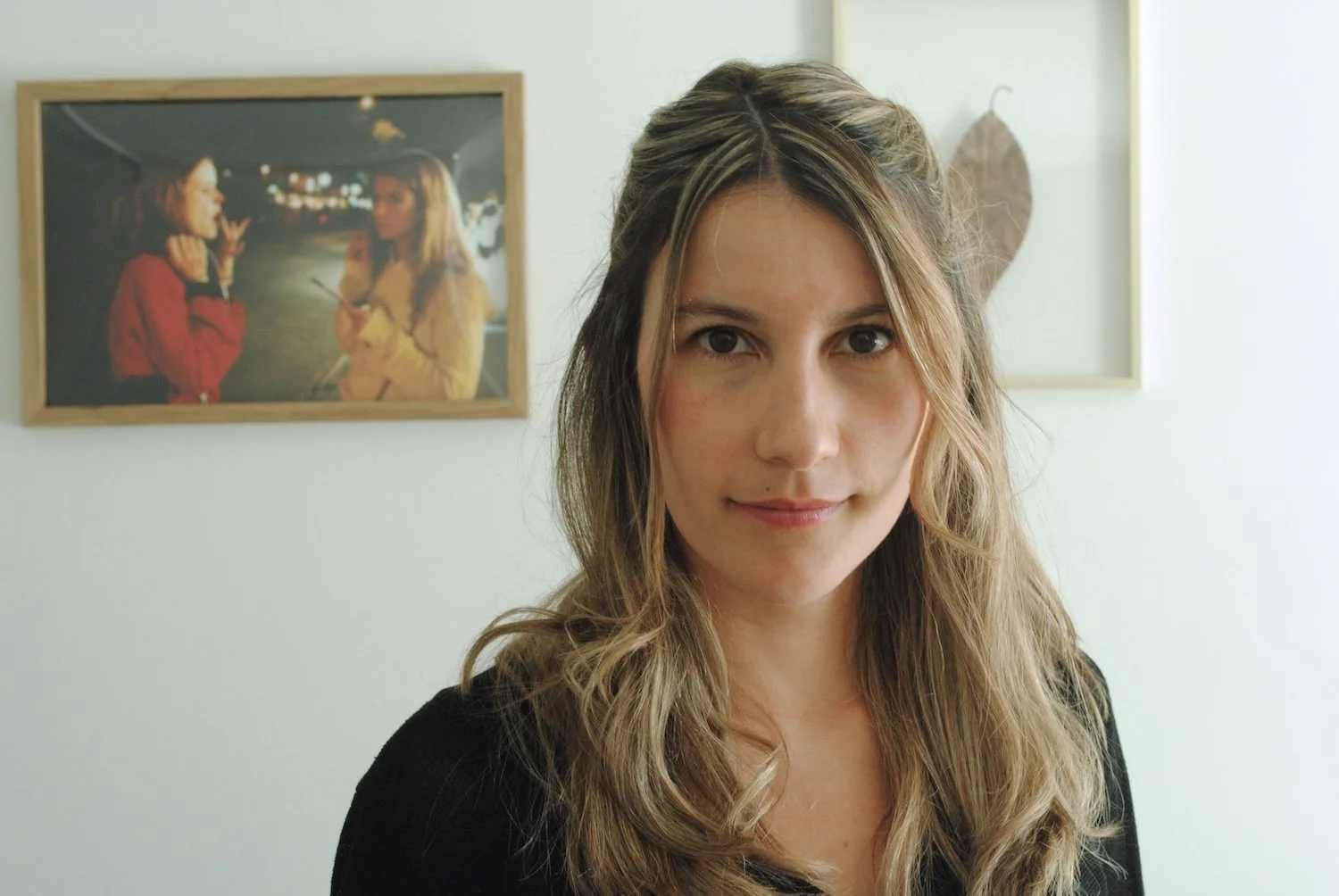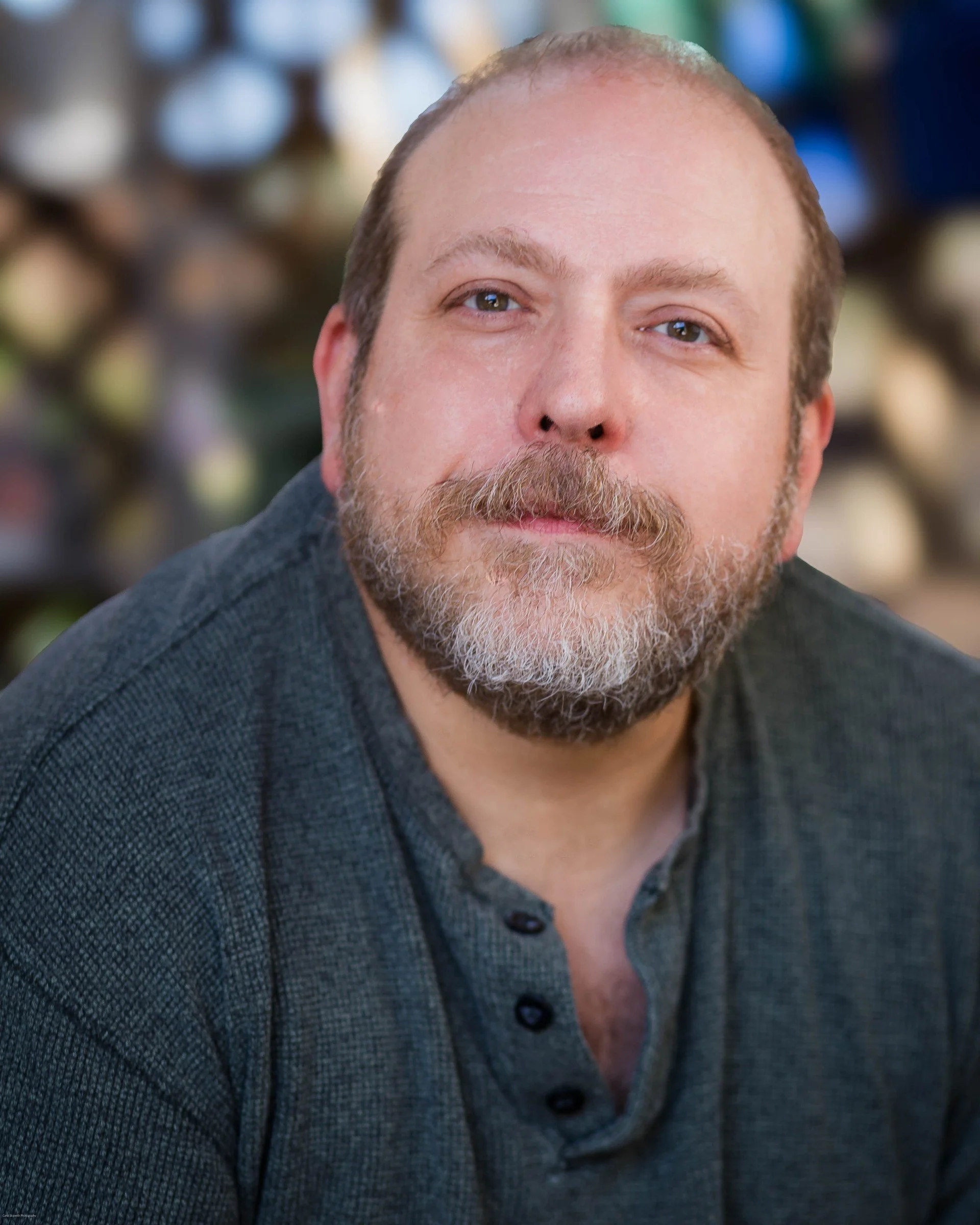“Reading Aljamiado Mansucripts”
Mediterranean Studies Summer Skills Seminar
4—7 August 2025 • Remote
The Summer Skills Seminar, “Reading Aljamiado Manuscripts” will be will be held via Teams from Monday, 4 August to Thursday, 7 August 2025 from 9am to 11am and noon to 2pm MDT.
Course overview
Each session will consist of a combination of lecture and sight-reading of documents in aljamía. It is recommended you use a large monitor, if possible. Some material will be posted on the group dropbox (Aljamiado 2022). If you have not done so already, please download and install Dropbox and accept the invitation to join the group dropbox. If you have not received the invitation or need to use a different email address, please contact mailbox@mediterrraneanseminar.org subject: “Aljamiado Dropbox”.
Faculty
The course will be conducted by Prof. Nuria de Castilla (History of the Book in Arabic Script, École Pratique des Hautes Études, PSL, Paris). A specialist in Arabic Manuscripts, her main research fields are Aljamiado Literature, Arabic Codicology and Paleography and Cultural History in Early Modern Europe, with special attention to Muslim-Christian relations.
Program
Monday, 7 August 2025
9am-11am; noon-2pm
1. Introduction. A Secret Culture in Golden Age Spain.
2. Let’s begin reading
Tuesday, 8 August 2025
9am-11am; noon-2pm
1. Preaching in Morisco times
2. Future predictions
Wednesday, 9 August 2025
9am-11am; noon-2pm
1. Cornerstone
2. Other famous texts
Thursday, 10 August 2025
9am-11am; noon-2pm
1. Problems with reading Aljamiado texts
2. Encore! The Qur’an in Mudéjar and Morisco communities
Participants said:
The course was very helpful. In just a few days we received relevant historical information about the Moriscos and were introduced to some of the most emblematic texts in Aljamiado. More importantly we were able to practice our skills in an environment that was welcoming and also challenging. It's a great way to start working with Aljamiado texts and it got me very excited to continue working with these manuscripts.”
• “The 'Reading Aljamiado Manuscripts' seminar has been the most effective course I've taken, probably ever. In the span of four days I went from being unable to make sense of an Aljamiado text to almost full proficiency in reading. Amazing.”
• “We made rapid progress in a short time, both in learning about the history of Aljamiado texts and in developing reading skills. This was exactly what I had expected from such an intensive course. Prof. Castilla's expertise and the well-prepared materials greatly enriched the learning experience.”
• “The material and instruction for this course was truly excellent. Nuria set a welcoming and encouraging tone from the very beginning and I felt very supported. ”
• “I really liked the pacing and structure of the class. I think the course was well-designed and well-structured and I liked the range of texts we worked with. My most favorite parts were when we could work as a group together and piece through these sources. The sources themselves were fascinating in their own right. ”
• “Overall, the instruction was exceptional. It was clear, engaging, and delivered with great expertise, making the course both highly effective and enjoyable. The intensive format allowed us to make remarkable progress in a short time. Nuria was a marvelous instructor. She really is passionate about these texts and the materials and, as the foremost specialist in these sources, I felt like I was learning from a true master with her at the helm. She is engaged, funny, brilliant, and caring.”
• “Perfect. Nuria is a fantastic scholar and an incredible instructor. She is truly capable of transmitting her knowledge and expertise in lessons that are never dull, where the students engage with the texts hands on”
• “This course was an outstanding learning experience that combined rich historical content with practical reading skills. The interactive format and supportive atmosphere encouraged active participation and made the learning process even more effective. Prof. Castilla is a leading expert in the field, and it is truly a privilege to learn from her. I would highly recommend this course to anyone who wishes to experience that privilege. Moreover, the ability to read and understand Aljamiado texts is both intellectually rewarding and deeply enjoyable.”
Participants
Timothy Allen (History and Spanish, Arizona State University)
Timothy Allen is a senior undergraduate student at Arizona State University double majoring in History and Spanish. He is registered to begin a MA History program at Arizona State in Fall 2025. His current research is in Congolese history with a focus in the Portuguese contact in the west, and Zanzibari contact in the east, and Mexican history with a focus in early Spanish contact and philosophical thought between La Reforma and the 1950s.
Luis Cabrera (Jewish Studies, Brandeis University)
Luis Cabrera is a PhD student in Sephardic and Medieval Jewish Studies. His research interests include Jewish philosophy and science in the Christian kingdoms of southern France and northern Spain during the late Middle Ages. He is particularly interested in the works of Hasdai Crescas and Levi ben Gershom and in their scathing critique of Aristotelianism. Additionally, he is exploring the use of philosophical and rhetorical strategies in the medieval interreligious debates between Christians and Jews and how these debates led to the converso problem. Before joining the Department of Near Eastern and Judaic Studies at Brandeis Luis earned a BA in Philosophy and a MA in Philosophy of science at UNAM (National Autonomous University of Mexico) in Mexico City. He also has professional training in Music and he is a classical pianist and composer.
Publications:
Cabrera, L. J., (2022). El argumento de Hasdai Crescas a favor de un universo infinito y su conexión con el problema del espacio vacío. Revista Colombiana De Filosofía De La Ciencia, 22(45). https://doi.org/10.18270/rcfc.v22i45.4196
Nicola Carpentieri (Arabic Language and Literature, University of Padua)
Nicola Carpentieri is Full Professor of Arabic Language and Literature at the University of Padua. He received his Ph.D. from Harvard University in 2012, and has worked at the Universities of Manchester, Barcelona and Connecticut before his current appointment. Prof. Carpentieri specializes in Arabic poetry and poetics in the Islamic West, and he currently directs the ERC Project SIQILLIYA, that aims to redraw European literary history by a joint study of medieval Sicilian poetry in Arabic, Hebrew, Greek, Latin and Italian. He is the author of over 80 titles, ranging from Arabic poetry and poe-cs to the history of medicine. His monograph Writing the Twilight: the Arabic poetics of Ageing in Medieval Sicily and Al-Andalus (2023) focusses on the late verse of Abu Ishaq of Elvira and Ibn Hamdis the Sicilian.
Fredrick Lorenz (Middle Eastern History, Eastern Michigan University)
Fredrick Walter Lorenz is Assistant Professor of Middle Eastern History at Eastern Michigan University. His research focuses on migration, settler colonialism, and imperialism in the late Ottoman Empire and modern Middle East. He has published in the International Journal of Middle East Studies, Journal of World History, Global Food History, Archivum Ottomanicum, and Mashriq & Mahjar: Journal of Middle East and North African Migration Studies. Professor Lorenz teaches courses on the history of the Middle East and North Africa, the Israeli–Palestinian conflict, the Ottoman Empire, world history, and transregional migration, settlement, and displacement.
Tuğba Özoğlu (Divinity, Ankara University)
Dr. Tuğba Özoğlu is an Assistant Professor at Ankara University, Faculty of Divinity, in the Department of Islamic Theology/Kalam. She completed her undergraduate, master’s, and doctoral studies at the same institution. Her doctoral research focused on the conceptualization of divinity in al-Andalus Islamic theology, particularly examining Ibn Ḥazm’s unique position in the debate over the divine names and attributes. Between 2018 and 2019, she was a TÜBİTAK research fellow at CCHS-CSIC in Madrid, Spain, where she conducted academic research related to her dissertation. Dr. Özoğlu’s scholarly work addresses classical theological problems through semantic, hermeneutical, and comparative religious perspectives, with particular emphasis on the conception of God in the Semitic traditions, the relationship between reason and revelation, and the possibilities of theological language. She has presented papers at numerous national and international conferences and has contributed to research projects funded by TÜBİTAK and the Ministry of Culture and Tourism. Proficient in English, Arabic, and Spanish, she continues to publish in both national and international peer-reviewed journals.
Selected Publications
• Özoğlu, T. (2023). “Ilhad in the Divine Names: Refutation of “al-‘illa” of Ibn Ḥazm to al-Kindī.” İslami Araştırmalar, 34(2), 607–619. (In Turkish)
• Öztürk, T. (2018). “On the Symposium “Imam Māturīdī: In Pursuit of the Lost Enlightenment” (25–27 October 2018, Ankara)”. Ankara University Journal of Faculty of Divinity, 59(2), 209–220. [Indexed in Scopus] (In Turkish)
• Öztürk, T., & İmamoğlugil, H. K. (2017). “Evaluation of Conceptions of God Within The Context of Al-Asmâ in Semitic Tradition- Jewish And Islam In Particular-.” Turkish Studies, 12(27), 295–306. (In Turkish)
• Erdem, H. S., & Öztürk, T. (2017). “Hermeneutical Meaning Of God’s Name Alhâlik(الخالق) And Within The Context Of Saussurean Semantic Meaning.” KADER, 15(3), 576–593. (In Turkish)
• Öztürk, T. (2015). “Toledo Collection: The First Orientalist Studies with their Reasons and Results.” Milel ve Nihal: Journal of Research in Belief, Culture and Mythology, 12(1), 55–80. (In Turkish)
Jonathan Seyfried (History, University of New Mexico )
I am a second-year PhD student at the University of New Mexico researching gender, culture and economics in the late fourteenth-century Crown of Aragon. I focus on the reign of Joan I and Yolande (Violant) de Bar. My most recent publication is from this year, in Quidditas, titled “Medieval Hypebeast: The Conspicuous Consumption of Joan I of Aragon.” I have another publication forthcoming in 2025, in Medieval People, titled, “Violant de Bar’s Social Networks and the Diffusion of French Culture in the Late Medieval Crown of Aragon.” Prior to my graduate work, I taught high school history for several years.
María Alejandra Peñuela Hoyos (Spanish and Portuguese, Princeton University)
María Alejandra is a doctoral student in the Department of Spanish and Portuguese. She holds a BA in Literature from Universidad de los Andes, an MFA in Fiction Writing from Columbia University, and an MA in Hispanic Studies from the University of Illinois Chicago. Her research explores religious conversion processes and issues of belonging in Early Modern Iberia. Working at the intersection between religion, race and gender, she seeks to assess the consequences of the crossing of identity boundaries for the Muslim community in sixteenth and seventeenth century Spain. Other research interests include aljamiado literature, minority languages of the Iberian Peninsula, translation studies, theories of the body and subaltern studies.
Publications
Peñuela Hoyos, María Alejandra. “Visions of Dignified Blackness: Labor and Sanctity in Ursula de Jesus’ Spiritual Diary.” The Routledge Companion to Race in Early Modern Artistic, Material, and Visual Production edited by Nicholas R. Jones, Christina H. Lee, Dominique E. Polanco, Routledge (Forethcoming, 2025).
Michael Ryan (History, University of New Mexico)
Dr. Michael A. Ryan is an Associate Professor of History and Director of the Institute for Medieval Studies. A queer, working class, and first-generation university student, he earned his BA in History from the University of Florida with higher honors in 1995, his MA in History from Western Michigan University in 1998, and his PhD in History from the University of Minnesota in 2005. After earning tenure and promotion to Associate Professor of History at Purdue University, he joined the faculty of the Department of History at the University of New Mexico in 2011. Presently the Director of UNM’s Institute for Medieval Studies, he is a social, cultural, and intellectual historian of late medieval and early modern Spain, Italy, and the Mediterranean Basin. He offers undergraduate and graduate courses on his research interests include the history of magic and the occult sciences in the Middle Ages, apocalyptic hopes and fears expressed in the Middle Ages and in modernity, the development of cities over the course of premodern period, medieval material culture and objects, and premodern expressions of gender and sexuality. In addition to a number of book reviews, essays, and articles, Dr. Ryan is the author of A Kingdom of Stargazers: Astrology and Authority in the Late Medieval Crown of Aragon (Cornell, 2011) and the editor of A Companion to the Premodern Apocalypse (Brill, 2016), the co-editor (along with Dr. Karolyn Kinane) of End of Days: Essays on the Apocalypse from Antiquity to Modernity (McFarland Press, 2009), and is completing revisions on a book-length manuscript in which he analyzes books of secrets and their intersection with privileged knowledge and charlatanry in late medieval Venice.
Sneha Merin Saji (Literary Theory and Comparative Literature , Universitat Autònoma de Barcelona)
I’m a first-year PhD candidate in Literary Theory and Comparative Literature at the Universitat Autònoma de Barcelona. After graduating in English Literature, I did my post-graduation in Comparative Literature from EFL University, Hyderabad, India. I developed a keen interest in research, and it was during my BA dissertation, titled “A Comparison Between Quichotte and Don Quixote ” , that I was introduced to the discipline of Comparative Literature. After completing my Bachelor’s, this interest led me to pursue my Master’s in Comparative Literature, which was a specialisation course. My MA dissertation, titled “Understanding the Literary Dynamics of Chitrakavya: An Eclectic Perspective ” , was part of forming a perspective on Chitrakavya, an ancient Indian tradition of image poetry.
My PhD research focuses on a comparative study between the Mappila Ramayana, an interpretation of the Hindu religious text, the Ramayana, by the Kerala Muslim community (Mappilas), and Aljamiado texts. The linguistic, religious, and cultural interweaving in the Mappila literary tradition and the Aljamiado literary tradition, where one can observe an accommodating literary space, is what inspired me to take up this line of research. .




